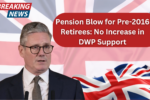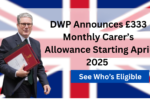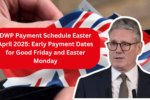The UK government is introducing a significant change to tax return requirements that could benefit up to 300,000 people. HM Revenue & Customs (HMRC) has announced plans to raise the Income Tax Self Assessment (ITSA) threshold from £1,000 to £3,000 for individuals earning additional income. This means that thousands of people with side hustles or small self-employed earnings may no longer have to file a self-assessment tax return.
The reform is part of a broader effort to simplify tax administration and reduce unnecessary paperwork, making life easier for individuals earning supplementary income through various activities.
Who Will Benefit from This Change?
The policy will primarily affect individuals earning between £1,000 and £3,000 per year from self-employed or casual work. This includes people involved in:
- Online selling
- Freelance work
- Dog walking
- Gardening
- Taxi driving
- Content creation
Under current rules, anyone earning more than £1,000 from self-employed work must register for self-assessment and submit an annual tax return. However, under the new system, only those earning over £3,000 will be required to do so.
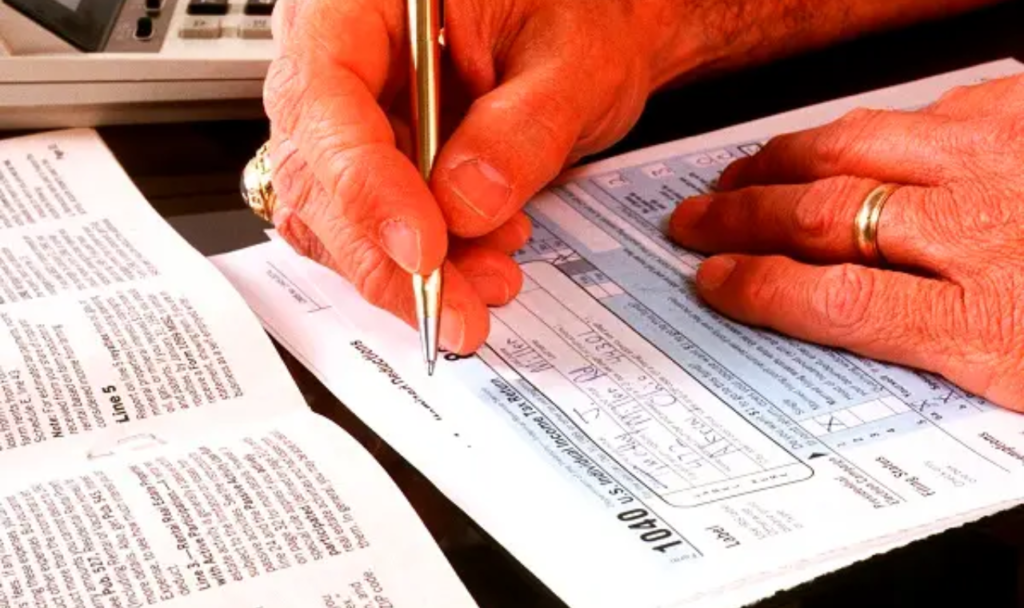
When Will This Change Happen?
The UK government has confirmed that the change will take effect within the current parliamentary term, with full implementation expected by 2029. While this is not an immediate change, the move signals HMRC’s long-term goal to simplify tax reporting for small earners.
Does This Mean No Tax for Small Earners?
Not necessarily. While the reporting requirement is changing, the tax obligations remain in place. The trading allowance which allows individuals to earn up to £1,000 tax-free has not changed.
- If you earn less than £1,000 from self-employed work, you do not need to report it or pay tax.
- If you earn between £1,000 and £3,000, you will still owe tax, but you will no longer need to file a full self-assessment tax return. Instead, HMRC plans to introduce a simplified online service for tax payments.
- If you earn above £3,000, you will continue to file a tax return as usual.
For more details, visit GOV.UK: Self-Assessment Tax Returns.
Why Is the Government Making This Change?
The UK government has framed this as part of its wider efforts to modernize tax administration and reduce unnecessary bureaucracy. Simplifying tax reporting could:
- Reduce the burden on small businesses and side hustlers.
- Free up HMRC resources to focus on tax compliance for higher earners.
- Encourage entrepreneurship by making it easier for individuals to explore self-employment.
Victoria Atkins, Financial Secretary to the Treasury, said:
Potential Concerns and Criticism
While many welcome the change, some tax experts and financial analysts have raised concerns:
- Tax Avoidance Risks
- Some individuals might underreport their income to stay under the £3,000 threshold.
- HMRC will need to monitor compliance closely to prevent tax evasion.
- Confusion Over New Reporting Rules
- Individuals earning between £1,000 and £3,000 may still need to manually pay tax, even if they don’t file a return.
- HMRC must clearly communicate the new system to avoid mistakes.
- Impact on Government Revenue
- The Treasury could lose tax revenue if small earners are not properly taxed.
- Experts warn that the government must ensure alternative reporting methods capture all owed taxes.
For insights into HMRC’s tax policies, visit HMRC’s official page.
What Should You Do If You’re Affected?
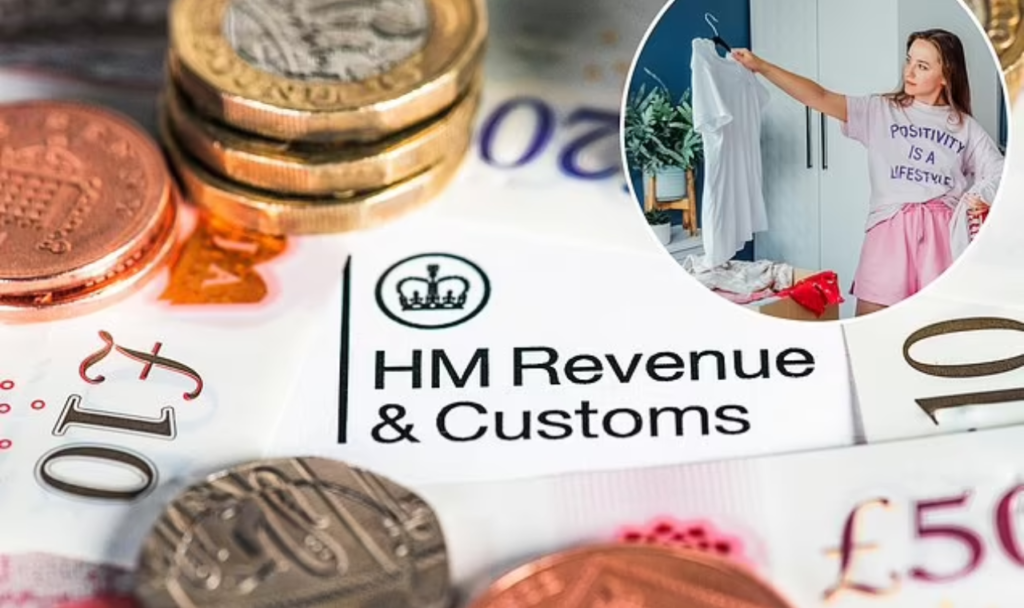
If you currently file a self-assessment tax return and earn under £3,000 from side income, you may no longer need to submit a return once the change takes effect. However, it is essential to:
- Check your earnings: Ensure you understand whether you still need to pay tax.
- Monitor updates from HMRC: Keep an eye on GOV.UK for official announcements.
- Prepare for new reporting methods: If you earn over £1,000 but below £3,000, you may need to use a simplified tax payment system instead of a full return.
Conclusion
HMRC’s decision to raise the tax return threshold is a welcome relief for many small earners, particularly those with side hustles. While the move simplifies tax reporting for thousands, it also introduces new responsibilities for individuals earning between £1,000 and £3,000, who must still ensure they pay the correct amount of tax.
With full implementation expected by 2029, there’s plenty of time to adjust, but staying informed will be crucial to avoid penalties or unexpected tax bills. If you earn extra income, now is the time to review your tax obligations and prepare for the upcoming changes.

Pankaj Kumar is a journalist at Chandigarh X, covering admit cards, recruitment, and government schemes. His articles provide readers with detailed insights into application processes, eligibility, and exam updates.
Outside of work, Pankaj enjoys traveling, fitness, and cricket, often participating in local matches on weekends.

